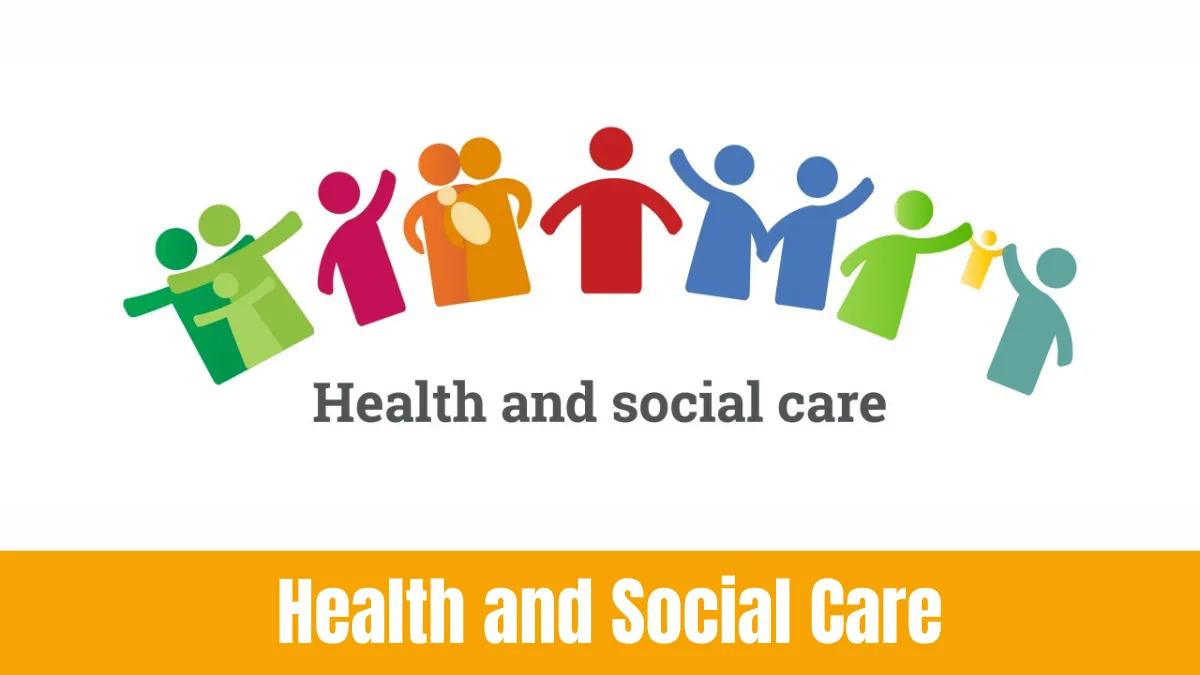SEO Meta Description: Discover the essential insights into health and social care, exploring its significance, key components, and how it shapes individual and community well-being. Learn about the interconnectedness of these sectors and their impact on society.
Introduction
Health and social care are two vital components of society that significantly influence the quality of life for individuals and communities. As populations age and healthcare demands evolve, the integration of health and social care becomes increasingly crucial. This article delves into the fundamentals of health and social care, examining their roles, benefits, and the ongoing challenges they face.
Understanding Health and Social Care
What is Health Care?
Health care encompasses the services and practices aimed at maintaining and improving physical and mental health. This sector includes various professionals such as doctors, nurses, therapists, and pharmacists who work collaboratively to provide medical treatment and support.
What is Social Care?
Social care focuses on supporting individuals in their daily lives, particularly those who are vulnerable or require assistance. This includes services for the elderly, people with disabilities, and those facing mental health challenges. Social care professionals, including social workers and care assistants, play a vital role in enhancing the well-being of individuals and families.
The Interconnection Between Health and Social Care
The Importance of Integration
Integrating health and social care is essential for several reasons:
- Holistic Approach: A combined approach addresses both medical and social needs, leading to more comprehensive care.
- Improved Outcomes: Patients experience better health outcomes when their social circumstances are considered alongside their medical needs.
- Efficiency: Integrated services reduce duplication and streamline processes, resulting in cost savings for health systems.
Key Components of Integrated Care
- Collaboration Among Professionals
- Health and social care providers must work together to share information and resources, ensuring continuity of care.
- Patient-Centered Care
- Focusing on the individual’s needs and preferences empowers patients to take an active role in their health and social care decisions.
- Community Involvement
- Engaging the community in health promotion activities fosters a supportive environment and enhances overall well-being.
The Role of Technology in Health and Social Care
Advancements in Digital Health
Technology is revolutionizing health and social care by:
- Telemedicine: Providing remote consultations and reducing barriers to access.
- Electronic Health Records (EHRs): Facilitating information sharing between providers, improving coordination of care.
- Health Apps: Empowering individuals to manage their health and well-being proactively.
Challenges and Considerations
While technology offers numerous benefits, there are challenges to consider, including:
- Data Security: Protecting sensitive patient information is paramount.
- Digital Divide: Ensuring equitable access to technology for all individuals, particularly in underserved communities.
Key Challenges in Health and Social Care
Workforce Shortages
One of the most pressing issues facing health and social care is the shortage of qualified professionals. Factors contributing to this crisis include:
- Aging Workforce: Many healthcare workers are nearing retirement age.
- Burnout: High stress levels and demanding work environments lead to increased attrition rates.
Funding and Resource Allocation
Insufficient funding can hinder the delivery of quality care. Effective strategies to address funding issues include:
- Advocacy for Policy Change: Engaging stakeholders to promote increased investment in health and social care.
- Innovative Funding Models: Exploring alternative financing solutions, such as public-private partnerships.
Regulatory Compliance
Adhering to regulations is critical for maintaining quality and safety in care delivery. Organizations must ensure compliance with:
- Local and National Standards: Keeping up with evolving regulations to ensure high standards of care.
- Quality Assurance Processes: Implementing regular evaluations and improvements to care practices.
Frequently Asked Questions (FAQs)
1. What is the difference between health care and social care?
Health care focuses on medical treatment and maintaining physical and mental health, while social care supports individuals in their daily lives, particularly those in vulnerable situations.
2. Why is integration of health and social care important?
Integration allows for a holistic approach to patient care, improves health outcomes, and enhances efficiency in service delivery.
3. How does technology impact health and social care?
Technology facilitates remote consultations, improves data sharing, and empowers individuals to manage their health, although it also presents challenges regarding data security and access.
4. What are the main challenges facing health and social care?
Key challenges include workforce shortages, funding issues, and the need for regulatory compliance.
Conclusion
The interplay between health and social care is fundamental to fostering a healthier society. By understanding their roles and the necessity for integration, we can enhance the well-being of individuals and communities alike. Addressing the challenges facing these sectors requires collaboration, innovation, and a commitment to improving access to quality care for all.
Disclaimer: The information provided in this article is for educational purposes only and should not be considered medical advice. Always consult a qualified healthcare professional for medical concerns.
